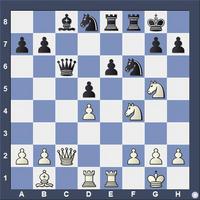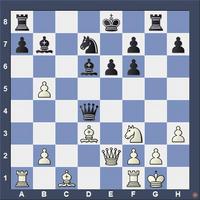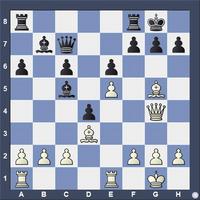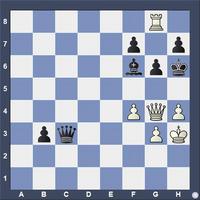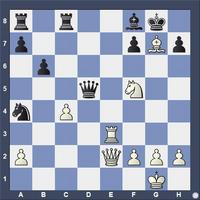Games
/Entertainment
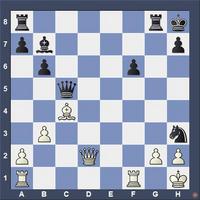
Black to Play
From a 100+ year old game between two anonymous players in England. Still, a lovely finish.
View solution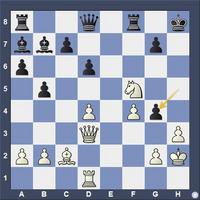
White to Play
This is from a 5-minute game I recently played. I had about 20 seconds to make my move here, and there are some bad choices here.
View solution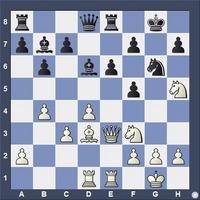
White to Play
A very important lesson on why you should not have weak dark squares.
View solution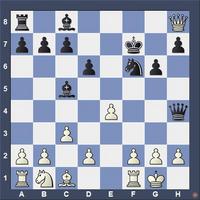
Black to Play
Some of you more experience solvers will realize that the white queen has just taken a rook on h8 leaving a bishop that can’t move because of the loss of yet another rook; however, if you don’t know this theme, then you will learn an important to attacking concept.
View solution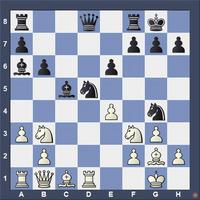
Black to Play
This game finish is a feast of minor piece play.
View solution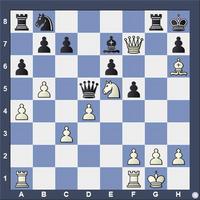
White to Play
An easy one for those of you feeling some post-holiday fatigue.
View solution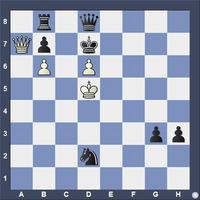
White to Play
From H.R. Agnel’s 19th century classic, Chess for Winter Evenings. It’s a puzzle from one of his tales. It’s a mate in 5, but pretty direct.
View solution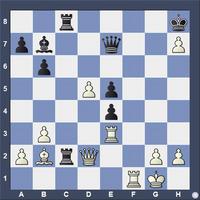
White to Play
From one of the most famous finishes in the 19th century.
View solution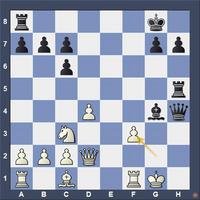
Black to Play
This position arose in a 5-minute game I was playing online. My intuition told me a mate had to be there, but I will be honest with you—I did not see my last move until I arrived at that move.
View solution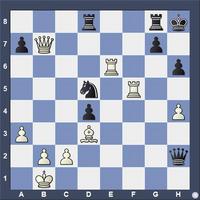
White to Play
If you remember Rule Number One, this one’s easy.
View solution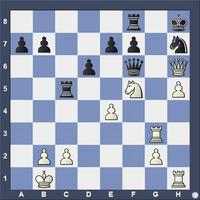
White to Play
I skipped side variations that led to heavy material loss. It’s an unusual mating attack. Here’s a weird clue: the knight is the piece that mates.
View solution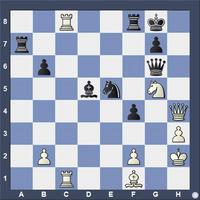
White to Play
Mate in 5. You can do it! Remember rule number one.
View solution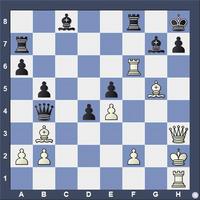
White to Play
Chess teachers always recommend tripling on the file to attack, but not what White has done on the h-file; still…
View solution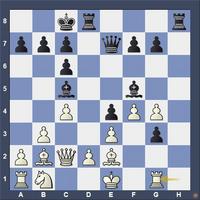
Black to Play
When I realized I had forgotten one of Spassky’s most famous games, I had to include it. It was a dramatic occasion, and he annihilated a top grandmaster before move 20, and Boris had the black pieces no less!
View solution
